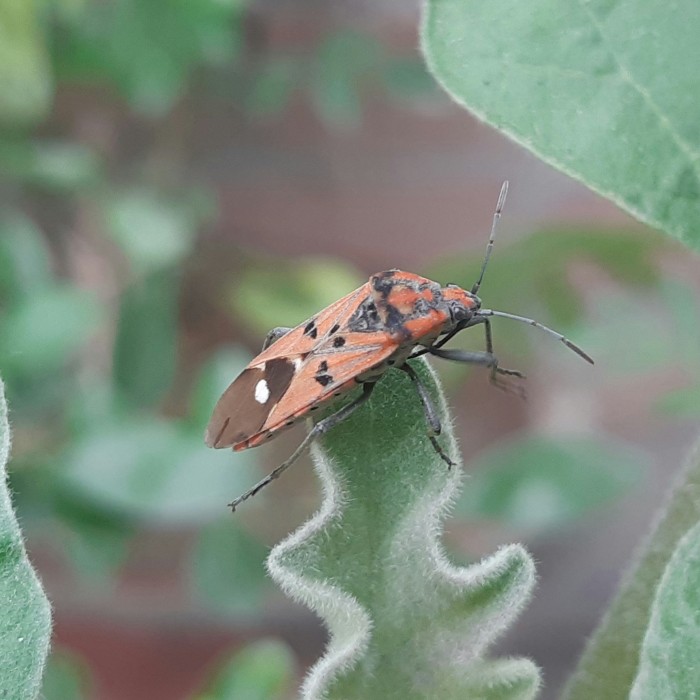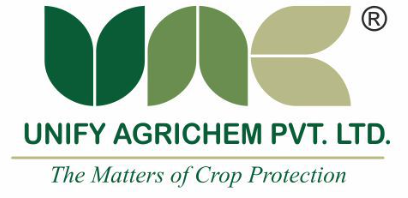
In today’s agricultural landscape, farmers are constantly battling a wide variety of pests that threaten crop health and productivity. Insecticides, a vital component of modern farming practices, play a key role in safeguarding crops from these harmful insects, ensuring optimal growth and yield. As the global population continues to rise, the demand for food increases, making the role of insecticides more crucial than ever.
Understanding Insecticides: What Are They?
Insecticides are chemical substances formulated to kill or repel insects. They are widely used in agriculture to protect crops from pests that can damage or destroy plants, significantly reducing yields. These products can target a range of insects, including aphids, mites, beetles, caterpillars, and other crop-eating pests.
There are two primary types of insecticides based on their mode of action:
- Contact Insecticides: These kill pests upon direct contact with the chemical. The insect needs to touch or ingest the insecticide to be affected.
- Systemic Insecticides: These are absorbed by the plant and then move through its tissues. When pests feed on the plant, they ingest the insecticide and are killed.
The choice between these depends on the crop, the type of pest, and the severity of the infestation.
Why Are Insecticides Important for Farmers?
Protection Against Pest Damage: Pests can wreak havoc on crops, leading to reduced yields and financial loss for farmers. Insecticides help control pest populations, reducing the likelihood of damage and ensuring a healthy crop. By protecting crops from insects, insecticides help farmers maintain their livelihoods and contribute to the food supply chain.
Increased Crop Yields: By preventing pest infestations, insecticides help boost the quality and quantity of crops. When crops are free from insect damage, they grow stronger and more robust, leading to higher yields at harvest time. This is especially important in regions where food security is a concern.
Cost Efficiency: Managing pests early with insecticides is more cost-effective than dealing with a full-blown infestation. It helps farmers avoid the expense of losing entire crops or having to replant, saving money in the long run.
Improved Quality of Produce: Crops that are free from insect damage not only yield more but also look better. Higher quality produce is more appealing to consumers and can fetch better prices in the market. In some cases, untreated crops with insect damage may not even be viable for sale.
Unify's Range of Insecticides
At Unify, we are dedicated to helping farmers achieve optimal crop protection through innovative insecticides. Here’s a closer look at some of our key products:
Boston: Containing Deltamethrin 2.5% SC, Boston is a fast-acting, powerful insecticide used to protect a wide variety of crops from pest infestations.
Brinjal King: A neem-based insecticide with Azadirachtin 0.03% EC PPM, Brinjal King provides eco-friendly pest control, especially suited for brinjal crops, ensuring natural and safe pest management.
Cloro-505: A dual-action insecticide with Chlorpyriphos 50% and Cypermethrin 5% EC, Cloro-505 delivers comprehensive protection against a broad spectrum of pests, promoting healthier crops and higher yields.
Uni-Mite: A combination insecticide featuring Ethion 40% and Cypermethrin 5% EC, Uni-Mite effectively controls mite infestations, ensuring your crops are safe from destructive mites and pests.
